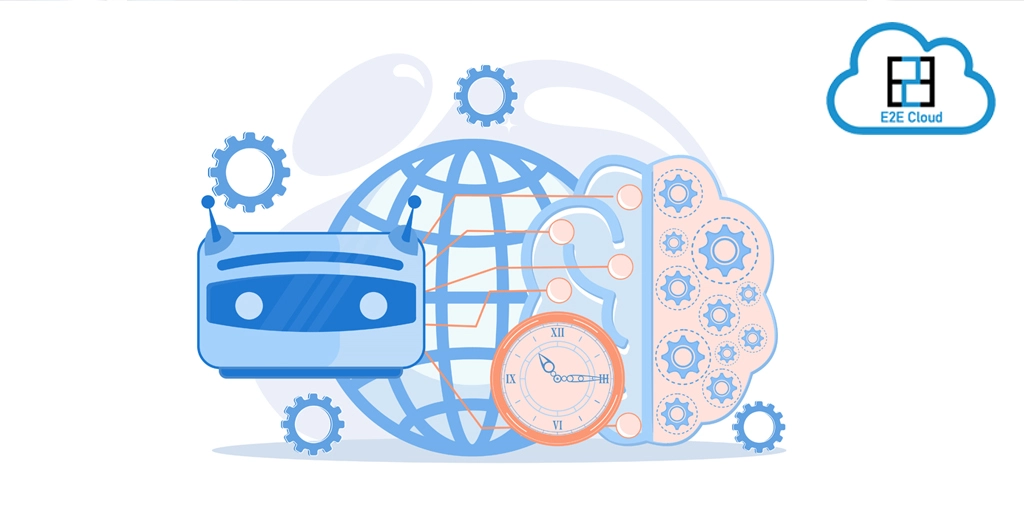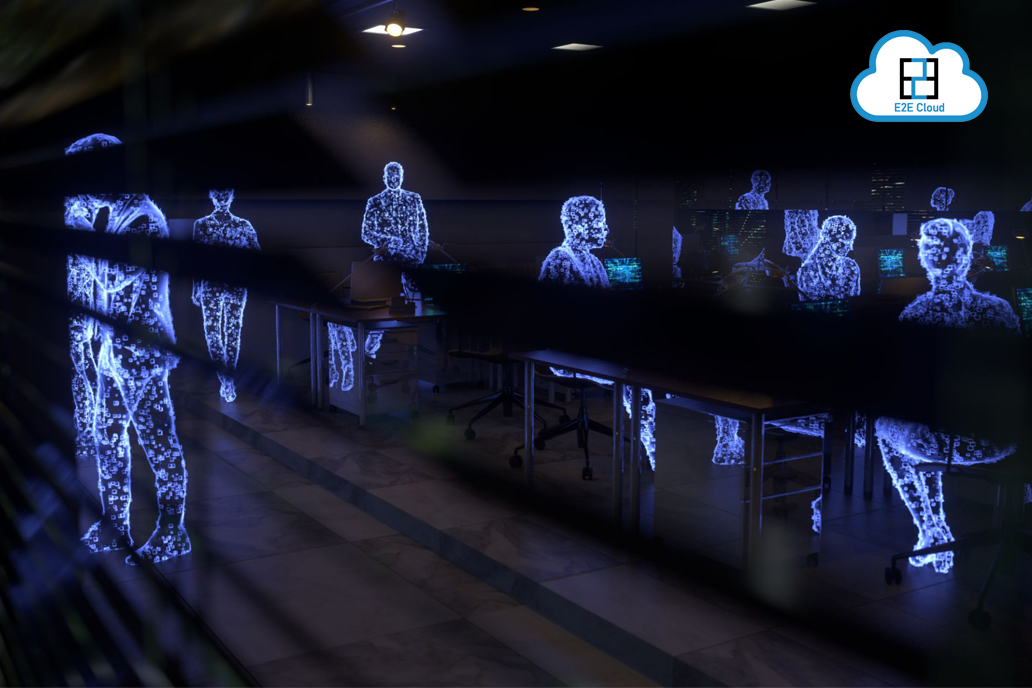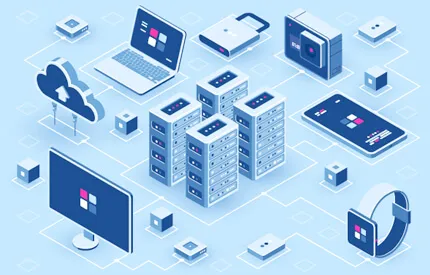Enterprise resource planning (ERP) is the beating heart of any corporation’s planning and management. Whether the corporation deals in services, manufacturing or any of the myriad other fields that have come up over the past decades, an ERP system is essential for coordination and automation among the various employees, locations and departments it contains. An effective ERP system is capable of automating processes such as accounting, procurement, project management, CRM, supply chain, as well as compliance.
The prevalence of ERP systems across corporations and fields is not uniform. In fact, ERP systems are used overwhelmingly by manufacturing corporations - over 47% of all ERP systems belong to companies working in the manufacturing field. Services and construction are only a distant second and third, respectively. The reasons that these companies use ERP systems are also very evident. An overwhelming majority of companies - 89% - use the ERP system for accounting purposes. A large number also use the ERP system for inventory management and customer relationship management - 67% and 33% respectively.
In times when adoption of cloud based systems has been increasing by the year for decades, one would imagine that most ERP systems would already have transitioned to the cloud. However, a complete transition to a cloud-based system seems to be a distant reality for now. While the prevalence of hybrid and completely physical ERP systems is rather low - a combined 7 % - most companies seem to prefer a combined system with facilities both on-premise and based in the cloud. A majority of companies - 53% - contain such an ERP system. When it comes to entirely cloud-based ERP systems, a little less - 40% - use one.
Even given the prevalence of physical, on-premise ERP systems, recent trends suggest that an increase in entirely cloud-based ERP systems is likely to be achieved in the coming years. For companies that are looking to implement ERP on the cloud, several factors are essential and to be addressed. Here is a list of 5 such factors.
1. Compatibility with Software
You wouldn’t want to upend the software usage of a large number of your employees simply to transition your current ERP system to the cloud. At the same time, it is also true that an ERP system is unlikely to be compatible with each and every software that is utilized in your corporation. Hence, a fine balance needs to be struck between the two. It is important to ensure that the disruption in your current ways of working due to the transition is minimum, and hence choose the ERP software that is compatible with the greatest proportion of your current software suites.
2. The Importance of Being Specific
Defining exactly what you want from your ideal ERP system is important to define, as it is to define what you wish to achieve by transitioning to the cloud. Having a list of requirements will help you in deciding a list of prospective features. This, in turn, will help you choose the ERP system that is likely to work best for your company. The choice of such an important aspect of a company should never be made on a hunch, a systematic approach is necessary.
3. Implementation Planning
Once a choice of ERP software has been finalized, a plan needs to be created, charting out phases of implementation of the software across your company. Especially if the corporation has multiple departments and is based in multiple locations, it is unrealistic to assume that the ERP system will be deployed throughout the corporation on the same day or even a week. Deployment needs to start with a pilot phase, followed by analysis and then department or location wise deployment. A continuous tab needs to be maintained on the issues being faced in each phase.
4. Training
Every company requires certain compliance or skill training to be completed by its employees. When a new ERP software is installed, training in the same is also bound to be a requirement. Since a large proportion of employees are going to be using the new cloud-based software, it is important that the software provider also imparts training to your employees in the features and functionalities of the software.
5. RoI - Return on Investment
It is rather important to consider whether the investment you make in the ERP software you purchase or subscribe to is ever going to provide any implicit or explicit returns. Spending significant monetary resources on software that does not improve the functioning of your company would be considered a bad investment.
Buying ERP software can be a rather tricky job. However, if you consider the above factors in your choice, the task can be significantly simplified.
Also to run ERP software you require Servers, Buying Servers for On-Premises would be an overhead cost. Whereas on Cloud it is simple with pay as you go model. If you're looking for Cloud Servers, I would prefer E2E Cloud. E2E Cloud offers High Performance Cloud Servers at a very economical cost. Click on link for a free trial – https://bit.ly/E2ECloudSignup
.png)


.png)






